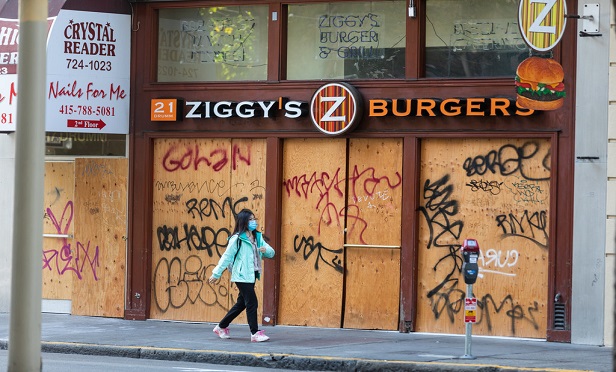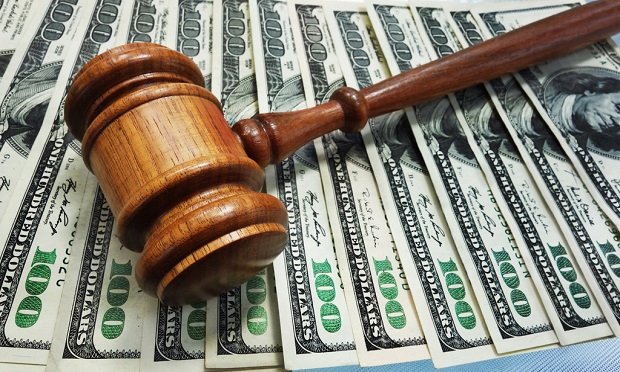 State Farm's corporate headquarters. (Photo: C.J. Hanevy/Shutterstock)
State Farm's corporate headquarters. (Photo: C.J. Hanevy/Shutterstock)
A California appellate court has revived a bad faith insurance lawsuit against State Farm General Insurance Co. brought by a family whose home was damaged in a 2015 California wildfire.
Recommended For You
Want to continue reading?
Become a Free PropertyCasualty360 Digital Reader
Your access to unlimited PropertyCasualty360 content isn’t changing.
Once you are an ALM digital member, you’ll receive:
- Breaking insurance news and analysis, on-site and via our newsletters and custom alerts
- Weekly Insurance Speak podcast featuring exclusive interviews with industry leaders
- Educational webcasts, white papers, and ebooks from industry thought leaders
- Critical converage of the employee benefits and financial advisory markets on our other ALM sites, BenefitsPRO and ThinkAdvisor
Already have an account? Sign In Now







